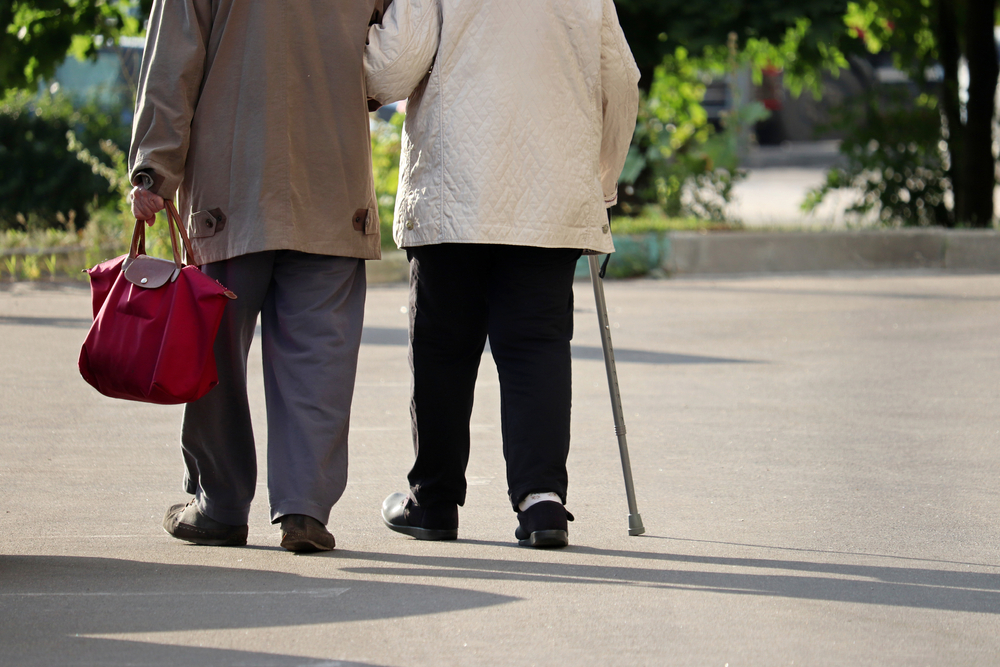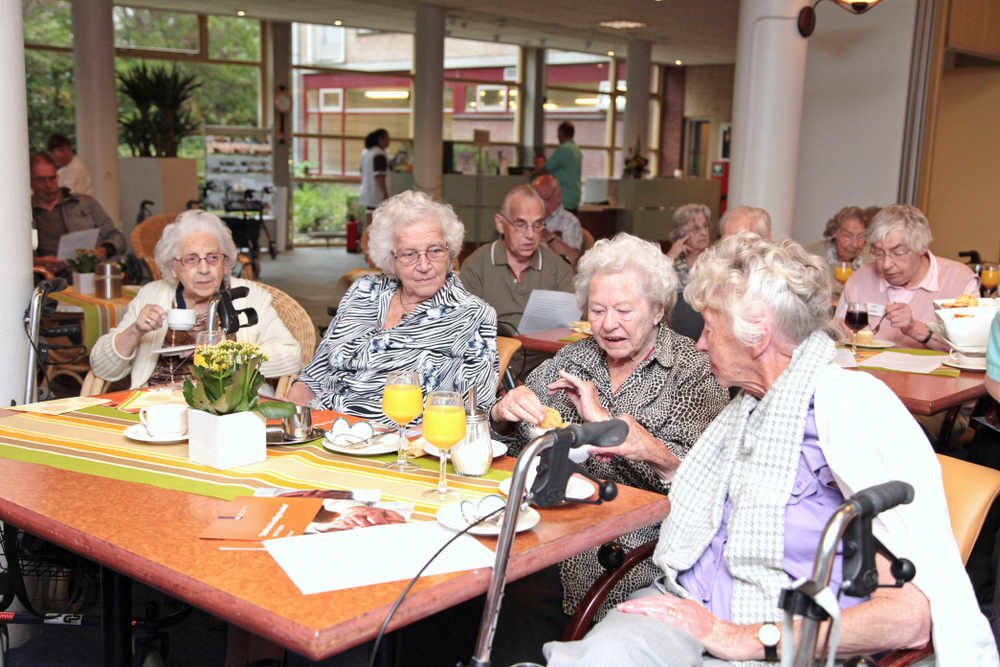


The ongoing efforts to improve long-term care for older residents across the Bailiwick has reached a new stage - with your views now needed to shape what happens next.
In 2016 the States decided that the islands needed to look at how community care is delivered, including how it can be bettered for older people living at home.
Now, people have the chance to join focus groups to share their ideas and experiences.
Public events are also being planned so members of the public can share those views in person.

Pictured: Long-term care can include support for older people wanting to continue living independently.
Caring for older people or others who need long-term care falls under the remit of the Committee for Health and Social Care.
In 2016, HSC was led by Paul Luxon until the April election, and then Deputy Heidi Soulsby after that. The Supported Living and Ageing Well Strategy (SLAWS) was led by the then-Policy Council which successfully asked the States to back the plan for changing how community long-term care is provided.
Funding for some long-term care is made through social security contributions as a result of a temporary decision made by the States more than 20-years ago.
By 2020, we were being warned that "only difficult decisions remain" with the long-term care fund likely to run out of money by 2047 if changes weren't made.
With that needing addressing, as well as changing standards in long-term care methods and needs, the SLAWS is intended to help those needing care to maintain their independence for longer and to offer them more choices within that care.

Pictured: The long-term care plan is to support people wanting to live at home as well as those who are better suited to living in residential or care homes where greater help can be provided.
One aspect of long-term community care is an increased emphasis on 'Homecare' which specifically supports people who want to continue living independently at their own home, or with a loved one, with help provided so they can take part in everyday activities such as bathing and getting dressed.
Nursing and social care support is also provided by the Community Health and Social Care team.
The long-term care plan is to help those who want to stay at home, continuing living independently as it offers "countless health benefits", says HSC, including a greater level of control over their personal lives and the ability to stay close to their loved ones and the community.
However, HSC says the need to address the changes needed to the model for community long-term care is greater than ever, with more people living longer, and living well in the later years of their life too.
As well as working with health professionals and community care workers, the views of members of the public can be shared through islandglobalresearch.com/longtermcare, by emailing info@islandglobalresearch.com or by calling 716227.
New plans for a fresh model of community long-term care are expected to be taken to the States for debate in the first half of next year.
Supporting those who support others
Social Security contributions set to increase
Elderly couple reunited by community carers after public support .
Comments
Comments on this story express the views of the commentator only, not Bailiwick Publishing. We are unable to guarantee the accuracy of any of those comments.